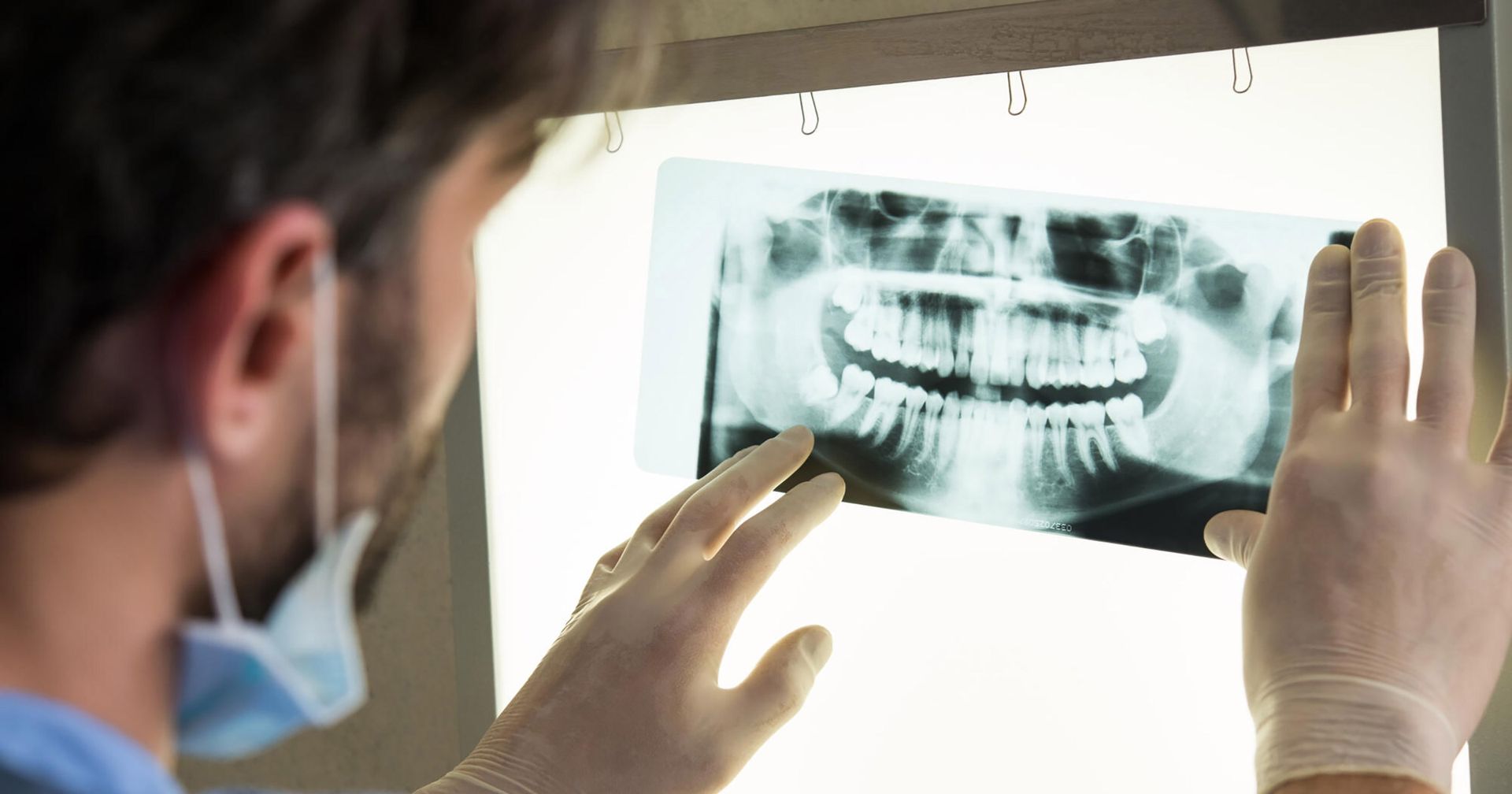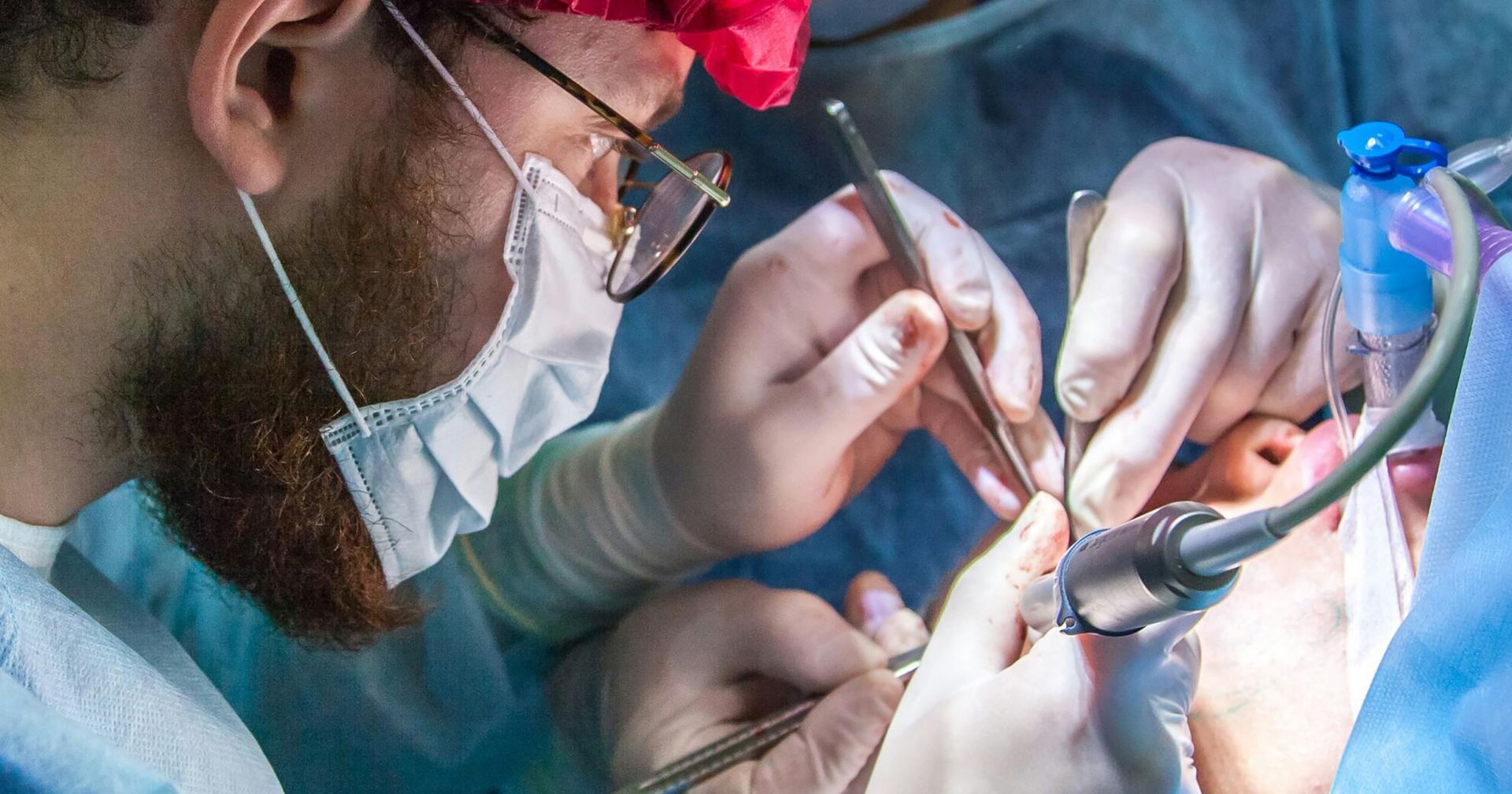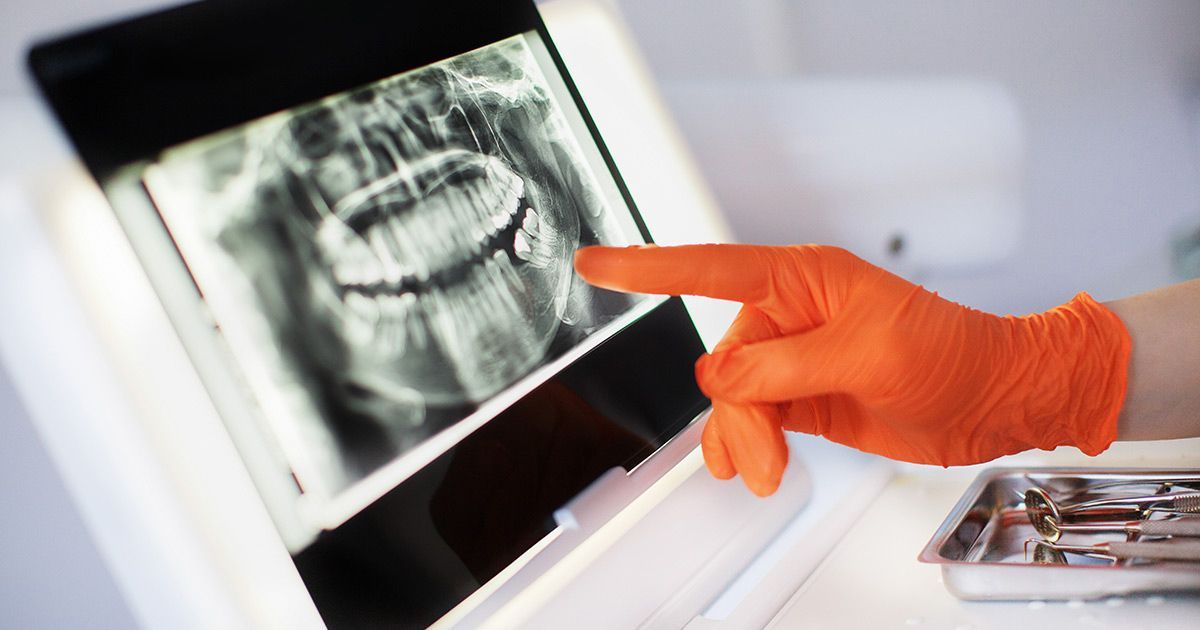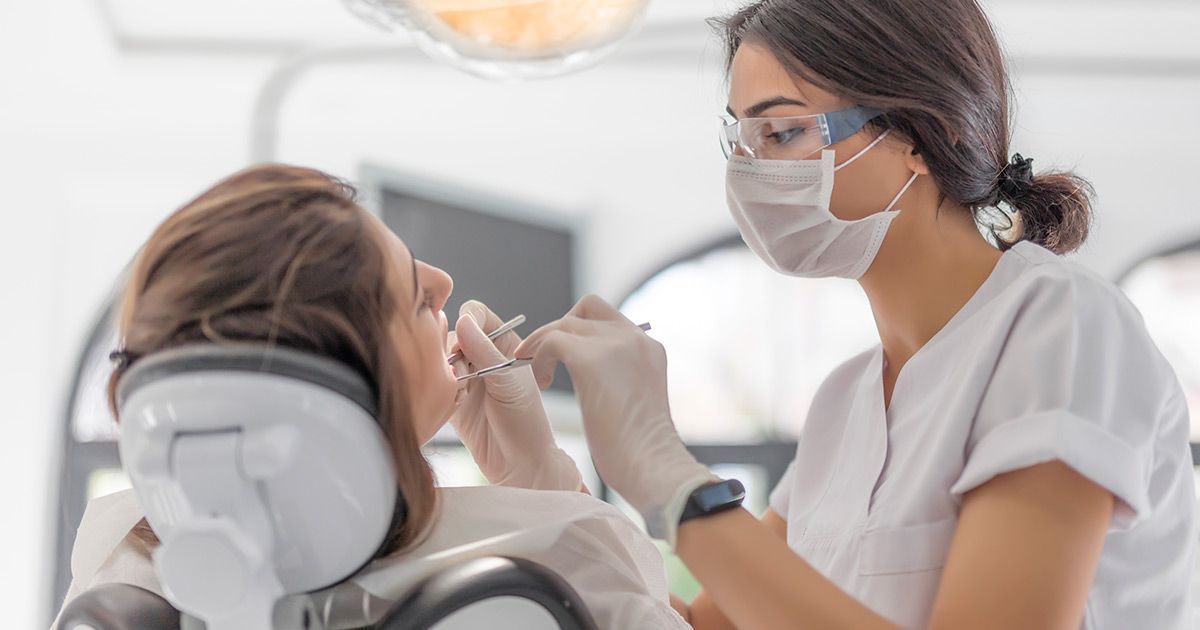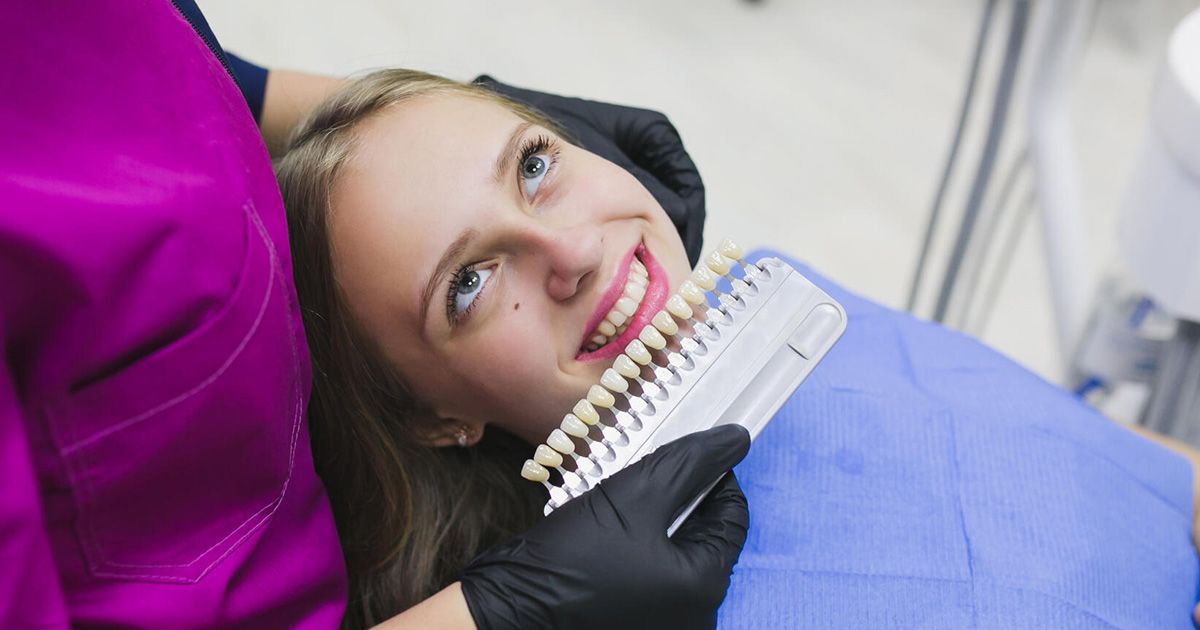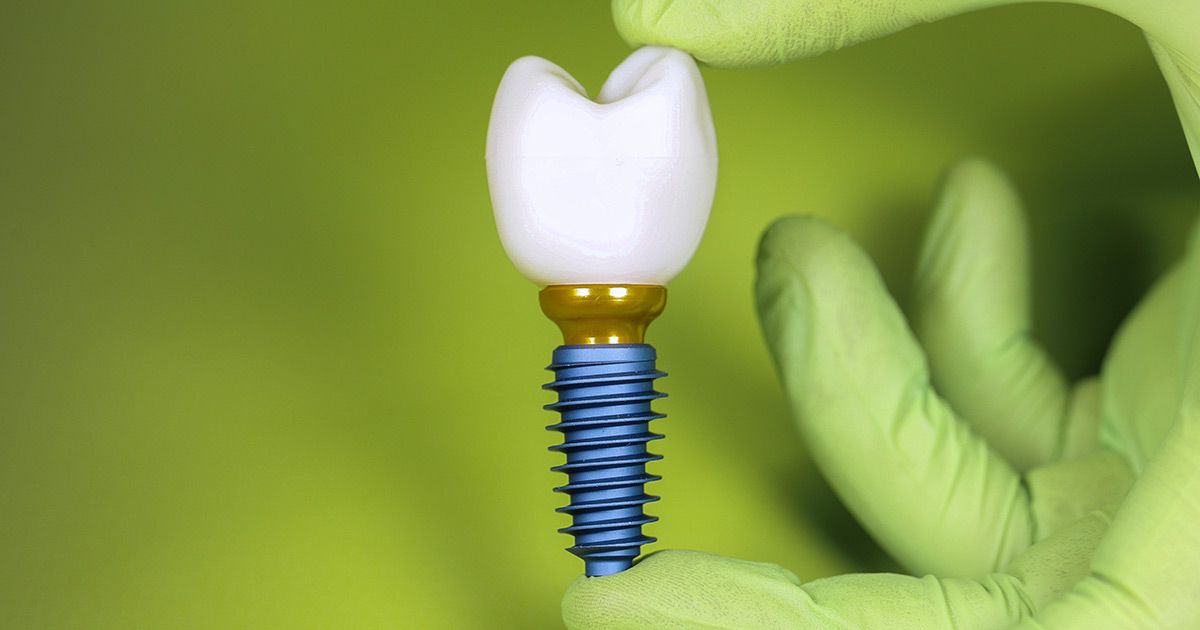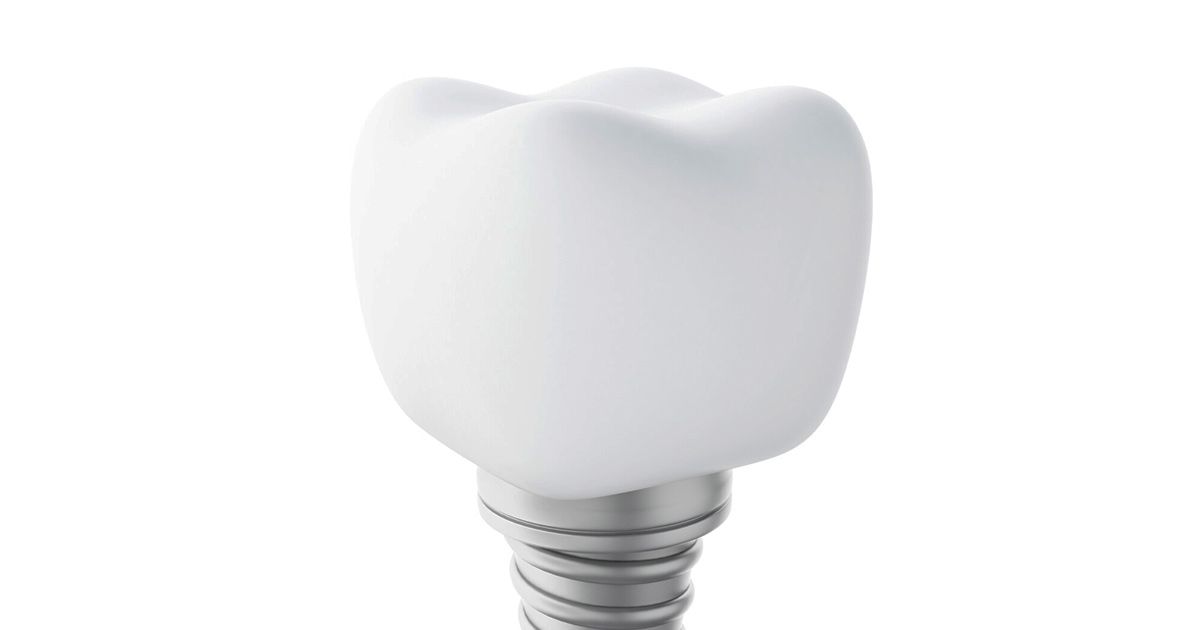A Brief Guide to Dental Bonding
Dental bonding is a common cosmetic dentistry procedure that is used to fix tooth issues such as chipping, cracking and discoloration.
Dental problems affect about 3.5 billion people worldwide, with cavities as the most common condition. If you have discolored, cracked, or chipped teeth, you might feel the need to hide them. You shouldn't have to keep the world from your beautiful smile!
Instead, consider the benefits of dental bonding. This cosmetic dentistry procedure can fix tooth issues to renew your smile. Instead of hiding your smile, you can grin with confidence.
What is dental bonding exactly, what is the average dental bonding cost, and are there risks involved?
Keep reading to find out! In this guide, we'll review everything you need to know before you start searching for "dental bonding near me." Discover the advantages of dental bonding with this guide today.
What is Dental Bonding?
Dental bonding is a cosmetic dentistry procedure designed to repair and restore damaged teeth. It's painless and fast, making it one of the most popular restorative treatments available. Cosmetic dental bonding is also non-invasive.
You can schedule your appointment at lunch and go right back to work with a new smile!
There are two types of dental bonding you can discuss with your cosmetic dentist.
Direct dental bonding uses a tooth-colored, adhesive composite resin. The resin is bonding to your teeth using a curing light. You can finish the procedure after one easy appointment.
Composite resin is a tooth-colored plastic that resembles putty. Since it's flexible, it's easy to mold around the chips or cracks in your teeth. It's often used to fill cavities.
Indirect dental bonding, on the other hand, requires a lab. First, your dentist will need to make a mold of your damaged tooth. They'll send the mold to a lab outside of your dentist's office.
The lab will use composite resin to create an indirect filling or dental inlay. Once your dentist receives the restoration, they can bond it to your tooth.
You'll need to schedule two appointments for this procedure.
What is dental bonding compared to porcelain veneers?
Both are colored to match the natural shade of your teeth. Veneers, however, are shells made from porcelain. They're designed to fit over your existing teeth to fix cracks and chips.
Veneers aren't ideal for everyone, though. They're also a more expensive treatment option than dental bonding. Treatments can take two or more appointments.
While bonding is reversible, veneers are permanent.
The Procedure
Don't worry; you won't need to prepare for your dental bonding procedure much. In fact, the procedure doesn't normally require anesthesia. You'll only require anesthesia if:
- Your dentist needs to drill into the tooth to alter its shape
- There's a chip or crack near the nerve of your tooth
- Your dentist is using bonding to fill a decayed tooth
First, your dentist will make sure the resin they use matches the color of your existing teeth. They might need to roughen the tooth's surface beforehand. Then, they'll apply a conditioning liquid to the tooth.
This process will help the bonding material adhere to your tooth properly. Otherwise, the restoration might not keep.
Once your dentist applies the resin, they'll need to mold its shape. Since resin is a putty-like substance, it's easier for dentists to manipulate. They can make sure the mold perfectly suits your tooth.
Then, they'll use a laser or light to help the resin harden. Once they shape and polish the resin, you're all set! This process takes about an hour.
Ideal Cases
Before you start searching for "dental bonding near me," it helps to know if you're an ideal case. Is cosmetic dental bonding right for your dental issues?
This procedure can help patients with:
- Gaps between their teeth
- Tooth decay/cavities
- Cracked or chipped teeth
- Short teeth
- Tooth shaping issues
- Discolored teeth
You might want to consider bonding as an alternative to amalgam fillings. You can also use bonding to repair part of your tooth's root. Receding gum lines can leave the root exposed.
If you have gaps between your teeth, talk to your cosmetic dentist. They can help you find a way to close these gaps before bacteria spreads. Otherwise, you could have an increased risk of gum disease.
Bonding can help solve these issues, restore your teeth, and get you smiling again!
Advantages and Disadvantages
There are a few pros and cons you'll want to consider before scheduling your appointment.
Remember, bonding is an easy, cost-effective treatment. You might want to consider bonding over veneers and crowns. You can get your bonding appointment completed in one or two quick appointments.
However, bonding isn't as stain-resistant as crowns are. Keep that in mind if you're a coffee or wine drinker.
Crowns and veneers are stronger, too. The bonding materials could break if you're not careful.
You can schedule a consultation appointment with your cosmetic dentist to determine if bonding is right for you.
After Care
You can avoid causing damage to the bonding materials by breaking bad habits like:
- Chewing on ice
- Eating hard foods
- Using your teeth to open bags
- Biting your nails
After your dental bonding procedure, make sure to follow proper oral hygiene. Brush your teeth twice a day and floss regularly. Rinse your mouth using an antiseptic mouthwash to limit bacterial growth.
Taking care of your teeth can expand the bonding's lifespan. If the bonding breaks, visit your dentist for a replacement.
Costs
How much does dental bonding cost? The procedure is usually about $300 to $600 for every tooth. It's important to remember that cosmetic dental bonding isn't a long-term treatment option, though.
You might need to budget for replacements in the future. Most patients require replacements after five to 10 years.
Take the time to contact your dental insurance provider. They'll let you know if cosmetic dental bonding is covered in your plan.
Chipping Away Tooth Issues: Your Guide to Dental Bonding
Don't hide away your smile anymore! The world deserves to see it. Instead, consider the ease and convenience of dental bonding.
With bonding, you can restore your smile and start grinning again.
Looking for a dentist in Philadelphia for your bonding appointment? We're here to help!
Schedule your first visit with our team today to get started.

